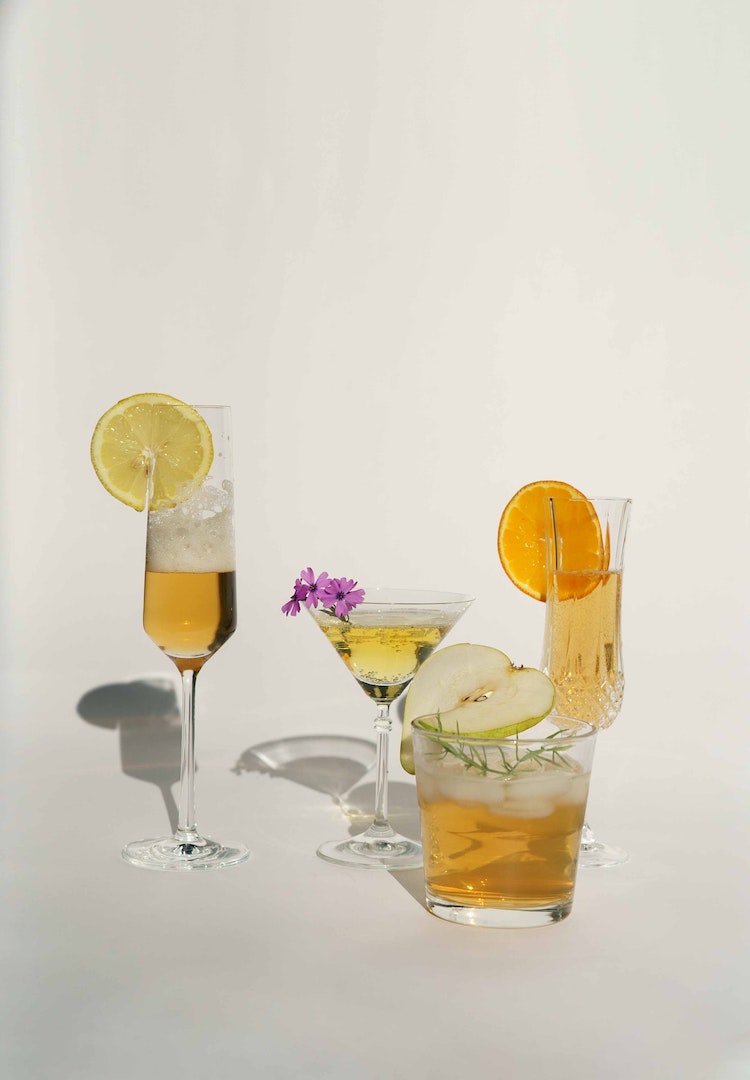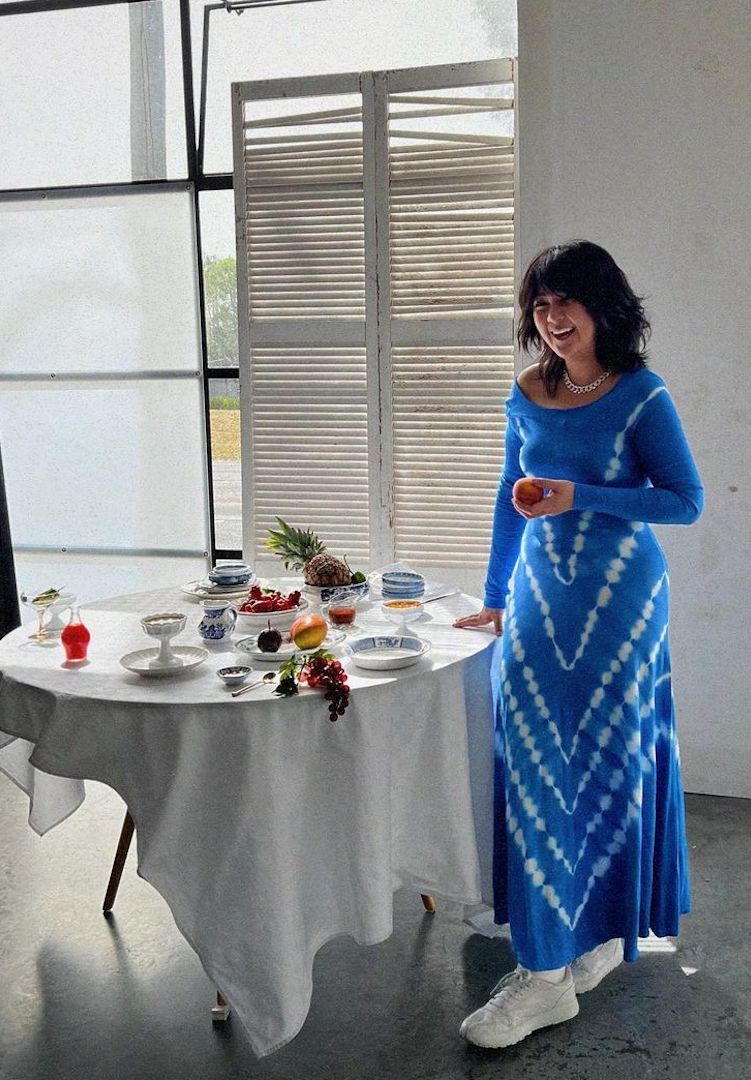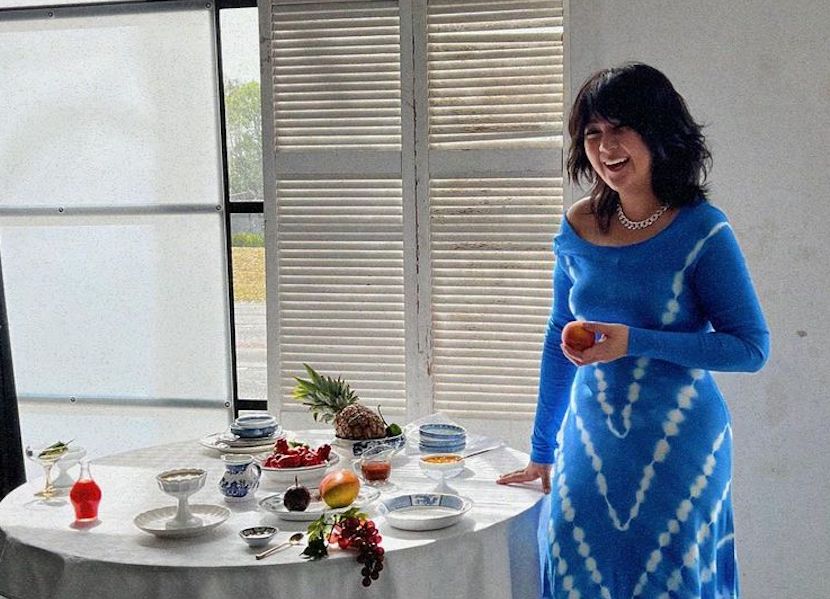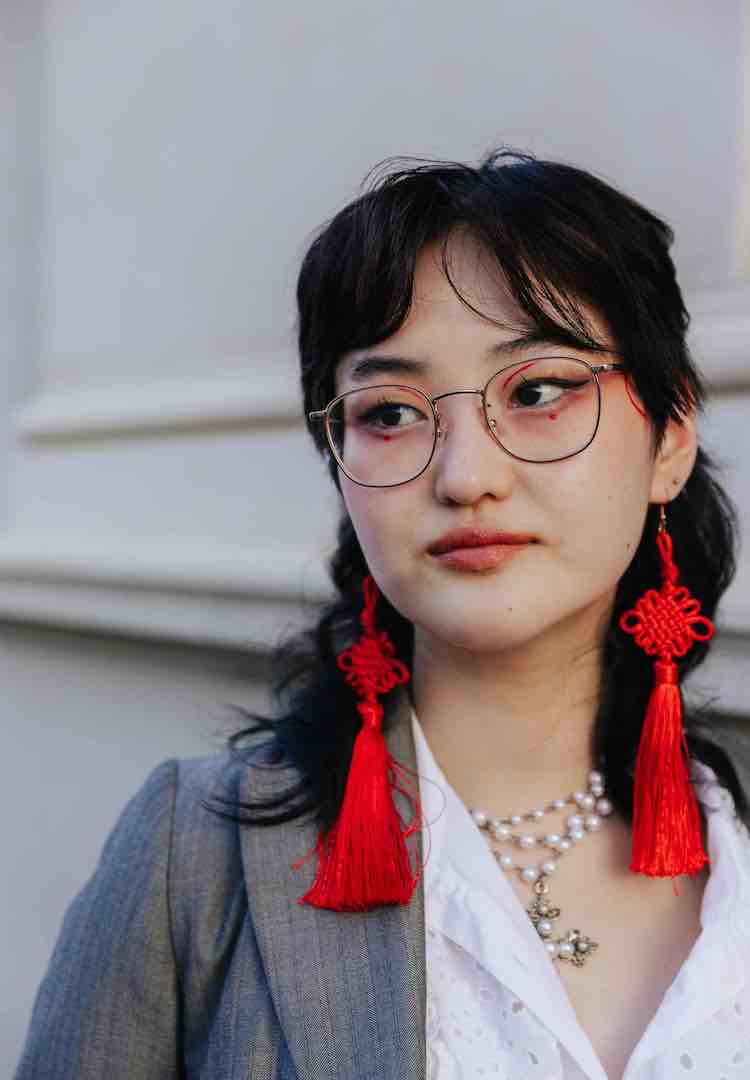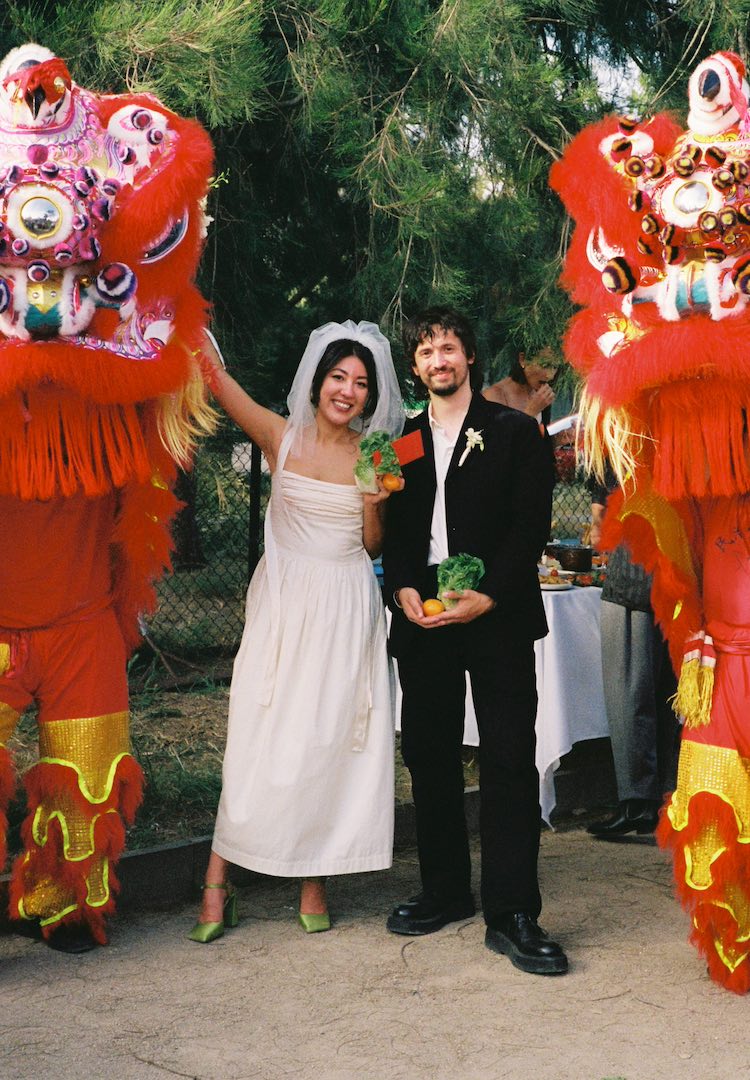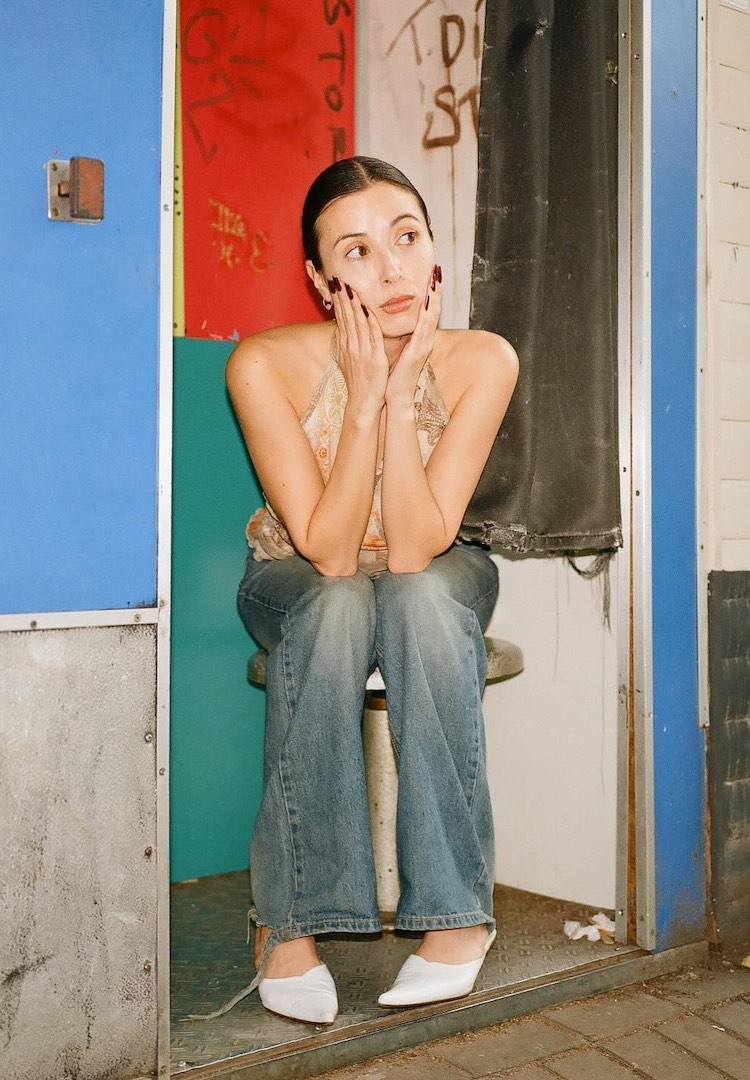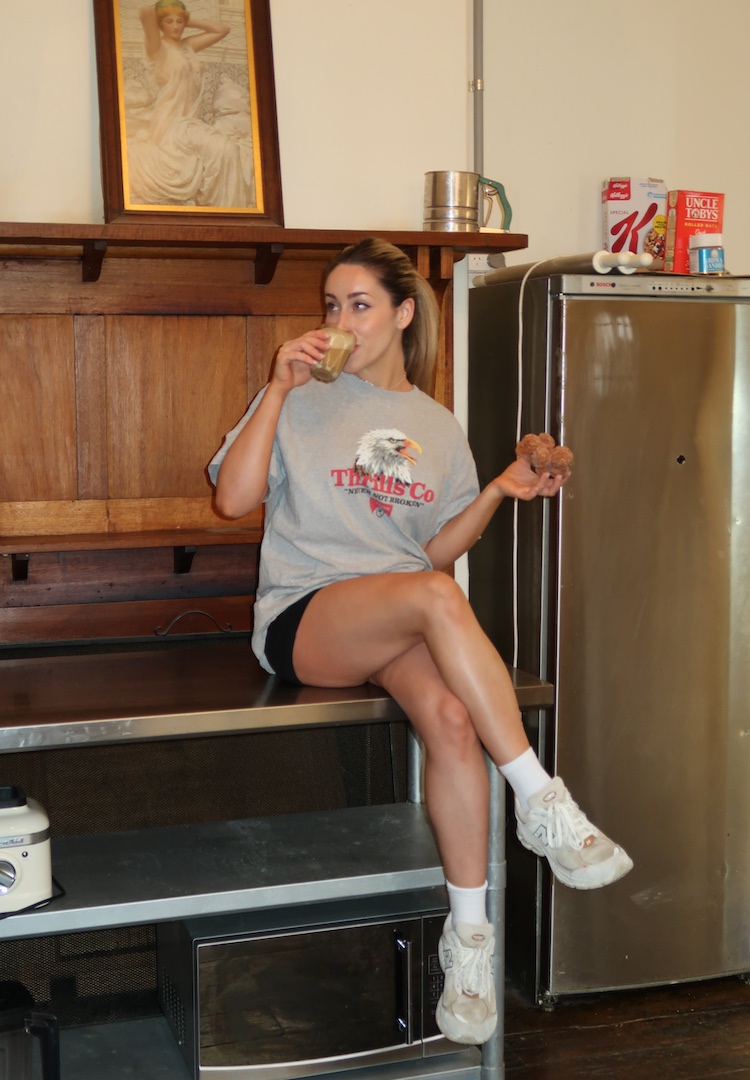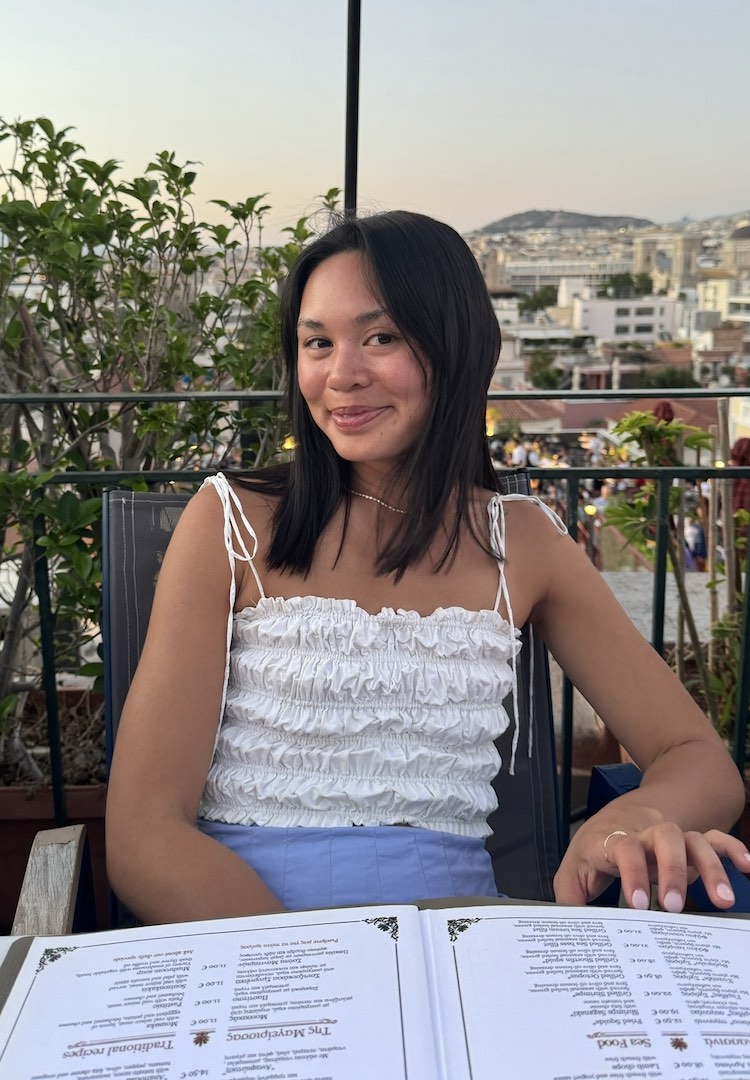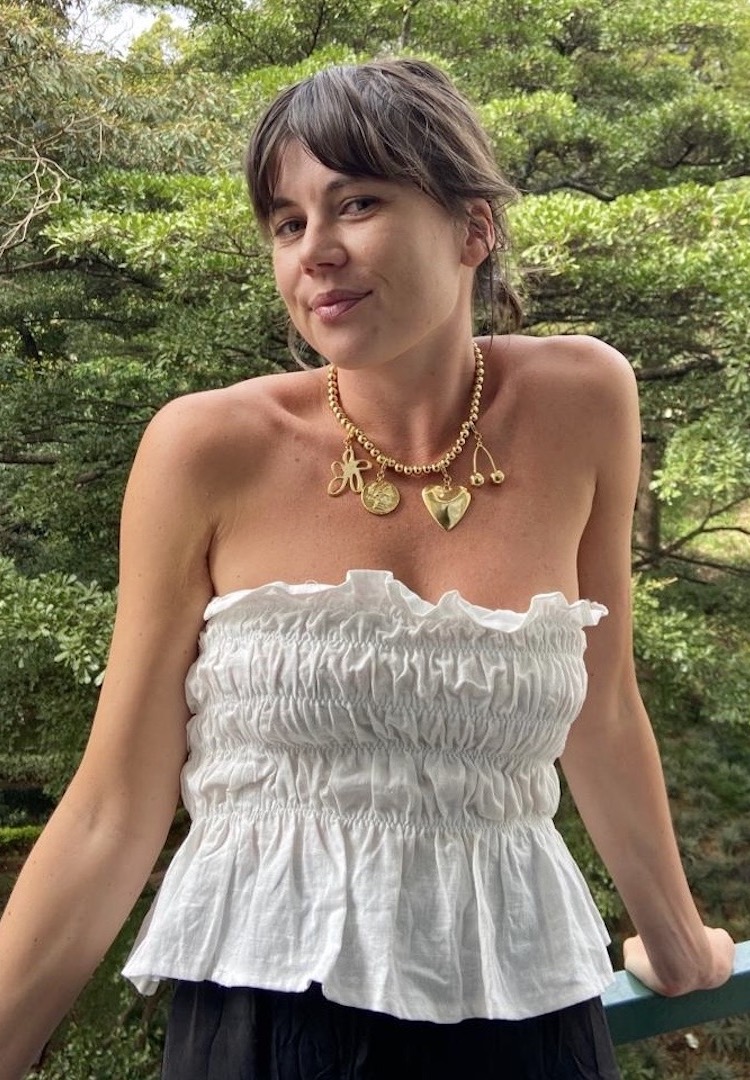How I Got Here: Chef and cookbook author Rosheen Kaul on problem-solving in a fast-paced role
IMAGE VIA @ROSHEEN_/INSTAGRAM
WORDS BY IZZY WIGHT
“Start at the bottom, ask questions and find someone to mentor you – or at least someone who cares enough to constantly correct you.”
Have you ever stalked someone on LinkedIn and wondered how on earth they managed to land that wildly impressive job? While the internet and social media might have us believe that our ideal job is a mere pipe dream, the individuals who have these jobs were, believe it or not, in the same position once, fantasising over someone else’s seemingly unattainable job.
But behind the awe-inspiring titles and the fancy work events lies a heck of a lot of hard work. So what lessons have been learnt and what skills have proved invaluable in getting them from daydreaming about success to actually being at the top of their industry?
Looking for a new 9 to 5? Head to our Careers page for new listings daily.
Welcome to How I Got Here, where we talk to women who are killing it in their respective fields about how they landed their awe-inspiring jobs, exploring the peaks and pits, the failures and the wins, and most importantly the knowledge, advice and practical tips they’ve gleaned along the way.
This week we speak to chef, cookbook author and recipe columnist, Rosheen Kaul. Working as the head chef at Brunswick East restaurant Etta, Rosheen spends her days mitigating the “countless challenges” that come with running a critically-acclaimed kitchen. And in her spare time, Rosheen’s a writer, sharing her culturally-eclectic recipes in various Australian publications as well as her own cookbook, Chinese-ish.
But as this series has taught us, a journey up the career ladder is rarely linear – and Rosheen has a plethora of sage advice about kitchen culture, problem-solving and maintaining a professional balancing act. Here’s what she learnt along the way.
What do you do and what’s your official job title?
I’m a chef, cookbook author and recipe columnist. I’m the head chef at Etta in Melbourne’s Brunswick East, I write regular columns in both The Guardian and The Age/Sydney Morning Herald‘s Good Food and my first cookbook Chinese-ish was published in mid-2022.
Take us back to when you were first starting out. Did you study to get into your chosen field, or did you start out with an internship/entry-level role and climb the ladder? Tell us the story.
I never set out to be a chef. Rather, I spent several years studying for a Bachelor of Science, switching majors from geosciences to psychology while simultaneously working at Jimmy Choo. My family work in fashion – my sister Roshali was actually featured on FJ quite recently – but took me until my early 20s to realise that I needed to be in a kitchen… the adrenaline, the discipline and respect for the craft are what I truly love about cooking professionally.
I started at the bottom, enthusiastically washing dishes at a cool Southeast Asian cafe in Fitzroy, then began my formal apprenticeship at new-style Chinese restaurant Lee Ho Fook. It was most important to me to find restaurants where the cuisine was somewhat left of centre, places that were basically doing something cool yet incredibly finessed. I worked there for two years, learning everything I could, before I went on to work at Ezard, a well-established Australian fine dining venue… I was thrown into the pastry section and worked huge, huge hours.
View this post on Instagram
I then moved on to Dinner by Heston Blumenthal, which changed my entire perspective. It was a well-oiled, glittering machine of white-jacketed chefs moving quickly and precisely. There was no room for error, [and] not enough hours in the day, yet the food was utterly spectacular. I stayed there for nearly four years – a lifetime in kitchen years – until they closed their doors on Valentine’s Day 2020.
The world had just started to shut down in the early days of the pandemic and I was working casually at Smith & Deli, the vegan wonderland from one of my culinary idols Shannon Martinez – but mostly I was at home, itching for something to do. I reached out to my artist friend Joanna Hu with an idea for a lo-fi, illustrated Chinese cookbook zine – The Isol (Asian) Cookbook.
That was my first foray into recipe writing, and the zine went absolutely bonkers when it came out. The zines turned into a cookbook deal – [then] into Chinese-ish – and along came the offer for the head chef position at Etta, where I am now and have been for almost two and a half years.
What challenges/hurdles have you faced getting to where you are now? Can you tell us about one in particular?
There are still countless challenges and hurdles daily; this is the reality of working in an industry with every card stacked against you. Etta was my first head chef job, and I suppose the major difficulty was running my very first kitchen, building a team, finding my voice, finding my style of cooking, and doing all of those things in the midst of the pandemic.
View this post on Instagram
Plus, I was writing a book simultaneously! Lockdown after lockdown, pivot after pivot to take away, all whilst trying to maintain team morale and trying desperately not to burn out myself. That was the hardest. Now, with the team, my cooking style and kitchen culture somewhat established, my focus is on pushing the team to see what we can really do. It’s exciting times, really.
What do you want people to know about your industry/your role?
I want people to understand that so much love, care and consideration go into the food on your plate and the wine in your glass. It costs nothing to be kind to your service staff, and many are still being paid minimum wage in an increasingly glamorised industry. Restaurants are consistently understaffed, customers are getting more and more demanding, and the cost of ingredients is astronomical.
The wealth of knowledge and professionalism that’s required for a seamless experience also takes years to acquire. Those of us who still remain after the pandemic really love what we do and we love making you feel special. So please, be kind to us too, or we’ll see more and more beautiful restaurants close because it’s simply too difficult to operate anymore.
What’s the best part about your role?
I think the act of cooking for people, seeing the childlike happiness on their faces when they take a bite and they just love it. I always say it’s the purest form of joy, witnessing someone enjoy something delicious that you’ve made for them. Even better when something I’ve cooked or a recipe I’ve written really resonates with someone because of shared heritage, childhood or experiences and they reach out to tell me about it, that’s really special.
What would surprise people about your role?
View this post on Instagram
How much thought goes into every facet of the dining experience. It’s so funny how TV shows like Masterchef have led people to believe that whipping up one lovely dish from a box of random ingredients is what we do as chefs when that couldn’t be further from the truth. Cook one nice dish, sure – now do it again perfectly 40 more times, in a raging hot kitchen with a million other things happening at the same time.
Seasonality and a broadly-appealing wine list are the minimum standard, then comes ensuring that every single dietary can be catered for with the same level of creativity and deliciousness as the rest of the menu (even if the guest doesn’t tell you about it until the food hits the table). [Then it’s about] making sure that dishes are balanced within themselves and the context of the menu and also simultaneously easy to communicate, and that the pace of your meal matches the pace of your conversation or individual dining experience.
We remember likes and dislikes from previous meals and even take notes on your preference of water (sparkling or still?). We try and give this level of care and consideration to every person that walks through the door, which can be over 100 a day.
What skills have served you well in your industry?
Problem-solving. Being a good chef isn’t just being able to cook nice food, it’s knowing how to handle and manipulate ingredients, how to control heat and how to make educated guesses based on your knowledge of cooking.
View this post on Instagram
I think what has been most helpful for me is the importance I put on communication. I love to communicate the ‘why’, as I think it makes the ‘how’ that much easier to understand. Often chefs are happy to simply grunt at each other passive-aggressively, but I think we can do better than that.
What advice would you give to someone who wants to be in a role like yours one day?
The best advice I can give is to start at the bottom, ask questions and find someone to mentor you – or at least someone who cares enough to constantly correct you. Leave your ego at the door. Eat at restaurants, travel, read books, cook from different cuisines, learn about the world, eat food from different cultures, learn about your own culture!
What about a practical tip?
Whether cooking is your jam or recipe writing is, make sure you learn the basics inside and out. I’m talking knife skills, stocks, sauces, how to handle seafood and meat, how to organise your kitchen, food safety (!), etc. This is a skill-based industry, so knowledge is power and practice and repetition are key.
Read the rest of the How I Got Here series here.
Looking to step up to a career in media? Each week we send a wrap of industry jobs straight to your inbox. Enter your details below and we’ll keep you in the loop, or browse current openings here.

